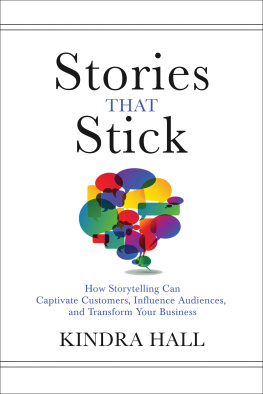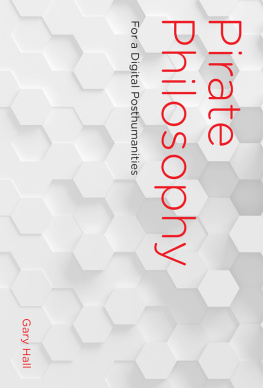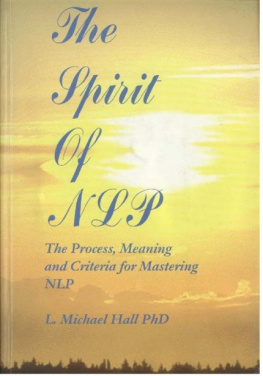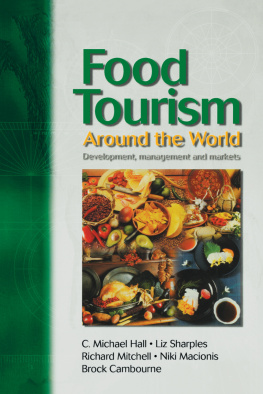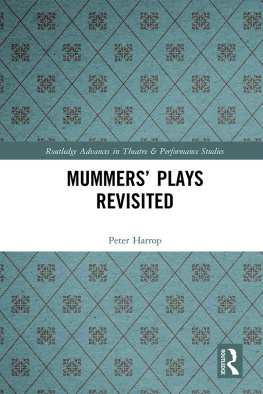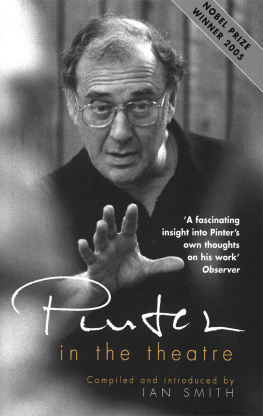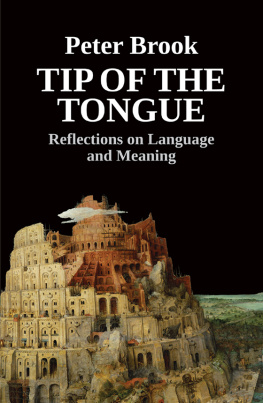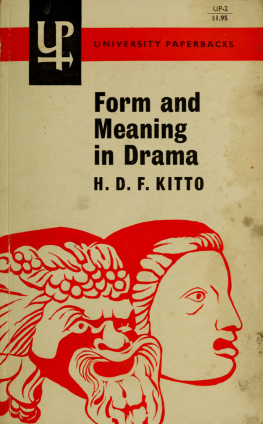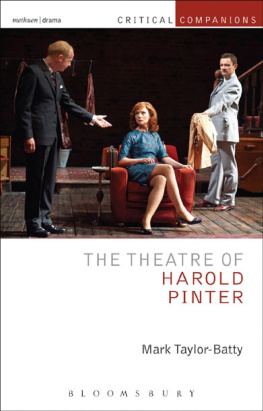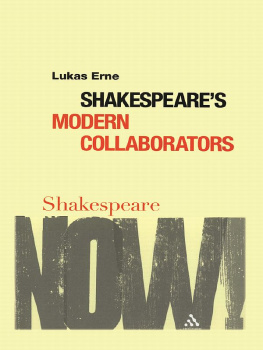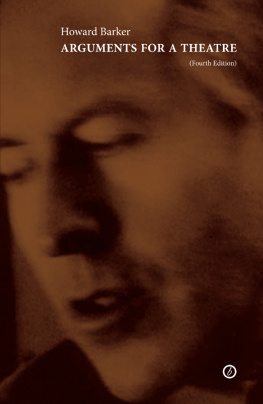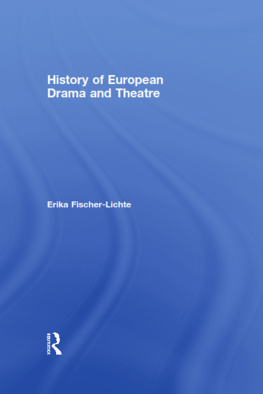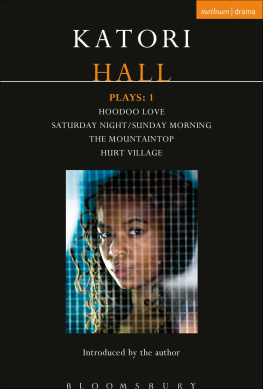EXPOSED BY THE MASK

To Nicki
First published in 2000 by Oberon Books Ltd
This electronic edition published in 2012 by Oberon Books Ltd
521 Caledonian Road, London N7 9RH
Tel: +44 (0) 20 7607 3637 / Fax: +44 (0) 20 7607 3629
e-mail: info@oberonbooks.com
www.oberonbooks.com
Copyright Peter Hall, 2000
Reprinted in a new edition 2010
Extracts from The Theatrical Notebooks of Samuel BeckettWaiting for Godot, and The Homecoming by Harold Pinter, reprinted by kind permission of Faber and Faber Limited
Peter Hall is hereby identified as author of this work in accordance with section 77 of the Copyright, Designs and Patents Act 1988. The author has asserted his moral rights.
You may not copy, store, distribute, transmit, reproduce or otherwise make available this publication (or any part of it) in any form, or by any means (electronic, digital, optical, mechanical, photocopying, recording or otherwise), without the prior written permission of the publisher. Any person who does any unauthorized act in relation to this publication may be liable to criminal prosecution and civil claims for damages.
A catalogue record for this book is available from the British Library.
MOBIPOCKET ISBN: 978-1-84943-371-6
EPUB ISBN: 978-1-84943-260-3
Visit www.oberonbooks.com to read more about all our books and to buy them. You will also find features, author interviews and news of any author events, and you can sign up for e-newsletters so that youre always first to hear about our new releases.
Preface
I MUST THANK TRINITY College Cambridge for asking me to do the prestigious Clark Lectures and thus forcing me to think about what was special to the theatre in the past and what might be special in the future.
Directors spend their lives talking in rehearsal rooms: perhaps we are all given to talking too much. As a consequence, I have recklessly given lectures all my life by thinking on my feet. I love public speaking. I have always found it more interesting to see someone trying to define their thoughts rather than merely repeating them from a typed script. But the Clark Lectures were different. They had to be published, and as they were to be (partly) available on the internet, because the lectures were to be filmed. There was also the problem of repeating myself, since all four lectures were aimed at the same target and yet were given at weekly intervals.
So I wrote them, but I wrote them for speaking. It seemed right to leave the text in its original form and let them be seen in print as they were delivered. I hope the reader will therefore forgive my colloquial exuberance and my quirky grammar and constructions.
My central concern was that plays and opera scores should be studied as live drama and not as a collection of words and images, or a sequence of notes and phrases. My allegation that the ancient universities were still reluctant to study plays as plays aroused irritation in some of those who teach there. But students still tell me that too much of the time studying plays is devoted to thought and image and not enough to the reasons why a play is a play and works as a play. It is like studying music without having heard a note of it or being unable to hear the music of a score as you read it.
I dont for a minute think that Oxford or Cambridge should have drama departments or award degrees in drama. Cambridge particularly has dominated the professional theatre for the last fifty years precisely because of the creative chaos of its amateur theatre, and the consequent unrivalled opportunities it offers to find out by doing. The students and I was one untrammelled by the interference of teachers or the constrictions of syllabus or exams, find out how to survive in the theatre. So I am not concerned about those who seek to be professionals. But the majority, who are studying drama (surely the biggest humanist treasure chest in the west), should have greater help in understanding that it is never literature.
I wish to thank the Master and Fellows of Trinity College, Cambridge for their welcome and their hospitality; Professor Anne Barton for her support and graciousness; and my ever-enthusiastic publisher, James Hogan. I thank also Corinne Beaver, my assistant, who typed my dictated and then corrected thoughts over and over until she must have been sick of them.
Peter Hall
London, 2000
The Greeks
I T IS A blessing to me (since I inhabit to some extent both their worlds) that theatre people and academics now often talk the same language. It was not so fifty years ago.
They still both, of course, have their extreme positions. Concept theatre (where the director of a Shakespeare play tells the actors what the production is to say before the company have actually had a chance to find out what the play actually says) is as uncreative as the deconstructionist antics of minor Shakespearean scholarship. They both contrive to destroy the marvel of Shakespeare, denigrate his particularity, and forget that his plays were made to be performed. As a consequence, his theatre always celebrates the ambiguous and the contradictory: it is rich, not simple. It is no place for either dogmatic directors or theorists.
The plays of the past and the plays of the present are well studied in our society. But they are still largely dissected as linguistic evidence, as though they were poems or used as theatre exercises by people who are training to be actors. These are the two extremes: plays are either seen as literature or used as the raw material of performance. In either case, there is little understanding of what an audience does to them and how essential an audience and the need to share them with an audience is to their meaning.
The same is true of opera. The play exists as a text; opera as a score. But without performance of both, their meaning is evidently incomplete, expressing only a part albeit the beginning part of their creators meaning. Drama should be performed or at the very least the nature of its live performance must be understood by those who are studying it.
I am not here either to advance the cause of drama departments or of drama schools. But I still cannot understand how our two ancient universities for the most part study drama with no tradition of considering plays as plays . By looking at them only as texts, they are constantly in danger of simplifying them. Novels have the interpretative certainty of the authorial voice, telling us how to hear the dialogue. Poems benefit by the controlling presence of the poets sensibility. But a dramatic text is much more ambiguous and much more at a distance from its creator: his words are making dialogue for other people. We must add to these words an understanding of how they operate when spoken aloud, and what their form, shape and rhythm contribute to the emotional meaning of the character who is speaking them. We must also be aware of what the dramatist was asking of the actor indeed almost what kind of acting is indicated by the text. For it must be imagined in living terms.
We also need some knowledge of the stage that the play was written for and how it operated, plus a consideration of the original audience, its preoccupations and its sensibilities. All this will help us read the text of the play as a living experience. Above all, an understanding of the dramas form always helps release the writers intentions.
Aristotle defined the parts of drama in a significant order. He specified: PLOT, CHARACTER, LANGUAGE, THOUGHT, THE VISUAL, MUSIC. Plot is first. Well is it plot? It is the vexed word MUTHOS: vexed because it is one of those portmanteau Greek words which means a multitude of things story, narrative, myth, theme, communication of an emotionally charged representation of men acting or being acted upon and experiencing as a consequence success or defeat.
Next page

